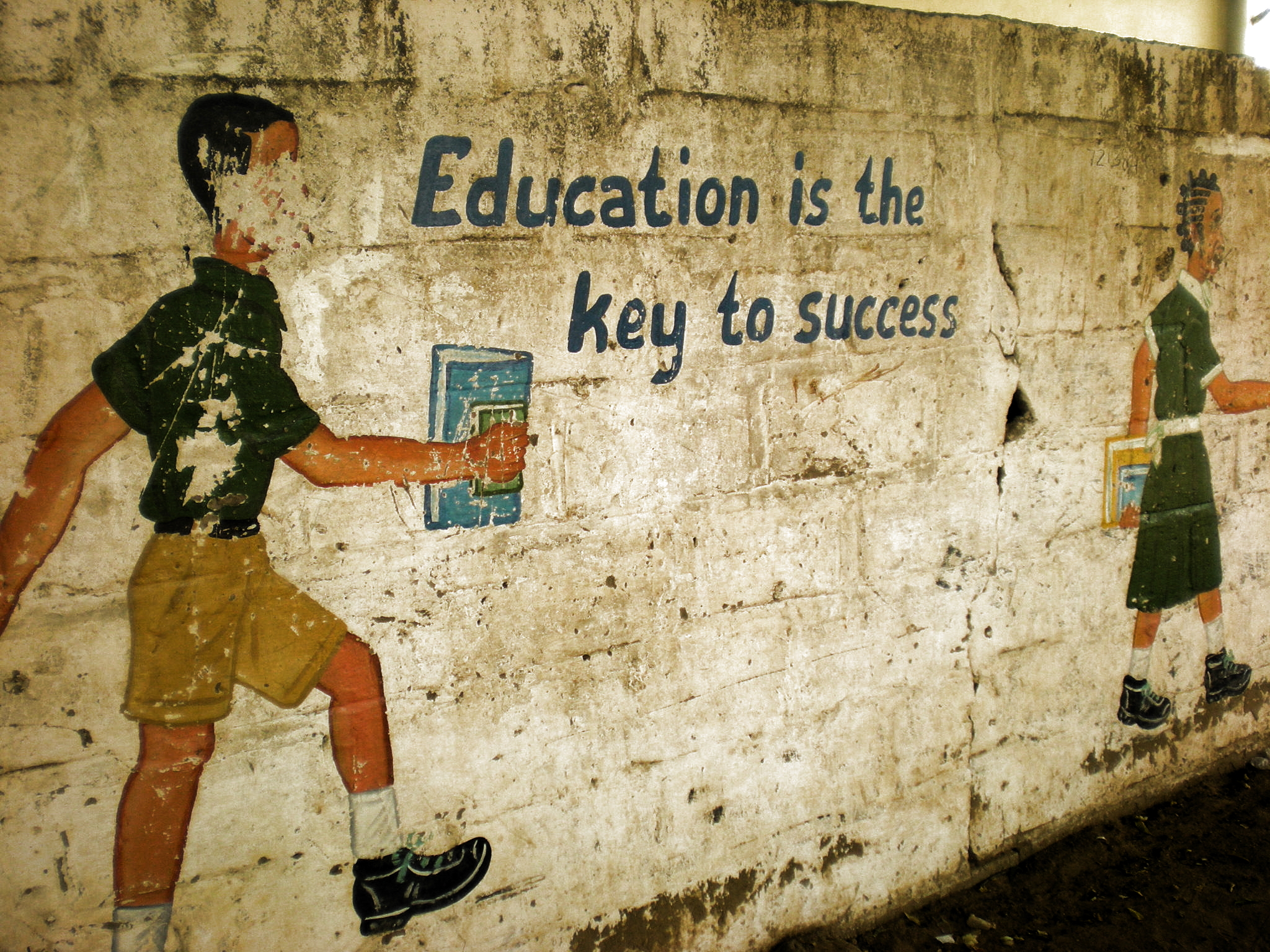 Children struggle to learn when they don’t have science labs and libraries. Learning becomes difficult in classrooms that are falling apart, or where children are expected to sit on the floor because they have neither desks nor chairs.
Children struggle to learn when they don’t have science labs and libraries. Learning becomes difficult in classrooms that are falling apart, or where children are expected to sit on the floor because they have neither desks nor chairs.
A lack of infrastructure is just one contributor to South Africa’s entrenched and ongoing educational inequality. There is another, less frequently discussed issue that is deepening this inequality: access to quality peer-reviewed information.
Such information should be available to all South Africans whether they are school children, university students, researchers or citizen scientists. This will encourage lifelong self-learning. It will spur continued research and innovation. Access to information can bolster education, training, empowerment and human development.
International Open Access Week offers a good opportunity to explore how South Africa can improve its citizens’ access to information.
Opening up access
It has been more than 21 years since apartheid ended, but a distinction remains between South Africa’s “rich” and “poor” universities. One of the reasons for this distinction is the richer institutions’ ability to invest in research resources. They can afford expensive subscriptions to databases which contain a wealth of research – ironically funded by taxpayers’ money.
The historically disadvantaged and predominantly black universities can’t afford such subscriptions. Their academics also can’t contribute to such resources, because authors are expected to pay a fee for the “privilege” of being published.
As university budgets are slashed, even wealthier institutions are beginning to struggle with subscription and publication fee costs.
(more…)
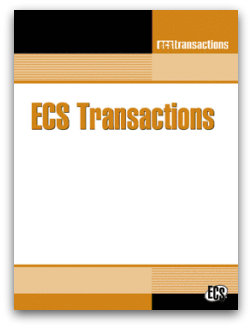 Seventeen new issues of ECS Transactions have just been published for the PRiME ECS Meeting.
Seventeen new issues of ECS Transactions have just been published for the PRiME ECS Meeting.

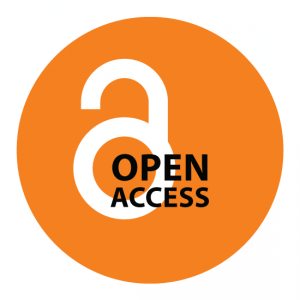 At ECS, we offer your institution a subscription to
At ECS, we offer your institution a subscription to 
 Lithium-air batteries are viewed by many as a potential next-generation technology in energy storage. With the highest theoretical energy density of all battery devices, Li-air could revolutionize everything from electric vehicles to large-scale grid storage. However, the relatively young technology has a few barriers to overcome before it can be applied. A new study published in the
Lithium-air batteries are viewed by many as a potential next-generation technology in energy storage. With the highest theoretical energy density of all battery devices, Li-air could revolutionize everything from electric vehicles to large-scale grid storage. However, the relatively young technology has a few barriers to overcome before it can be applied. A new study published in the 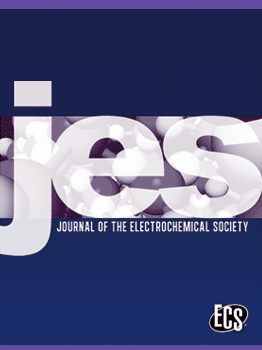 Scholarly publishing news has been buzzing about 1science’s
Scholarly publishing news has been buzzing about 1science’s  Children struggle to learn when they don’t have science labs and libraries. Learning becomes difficult in classrooms that are falling apart, or where children are expected to sit on the floor because they have neither desks nor chairs.
Children struggle to learn when they don’t have science labs and libraries. Learning becomes difficult in classrooms that are falling apart, or where children are expected to sit on the floor because they have neither desks nor chairs.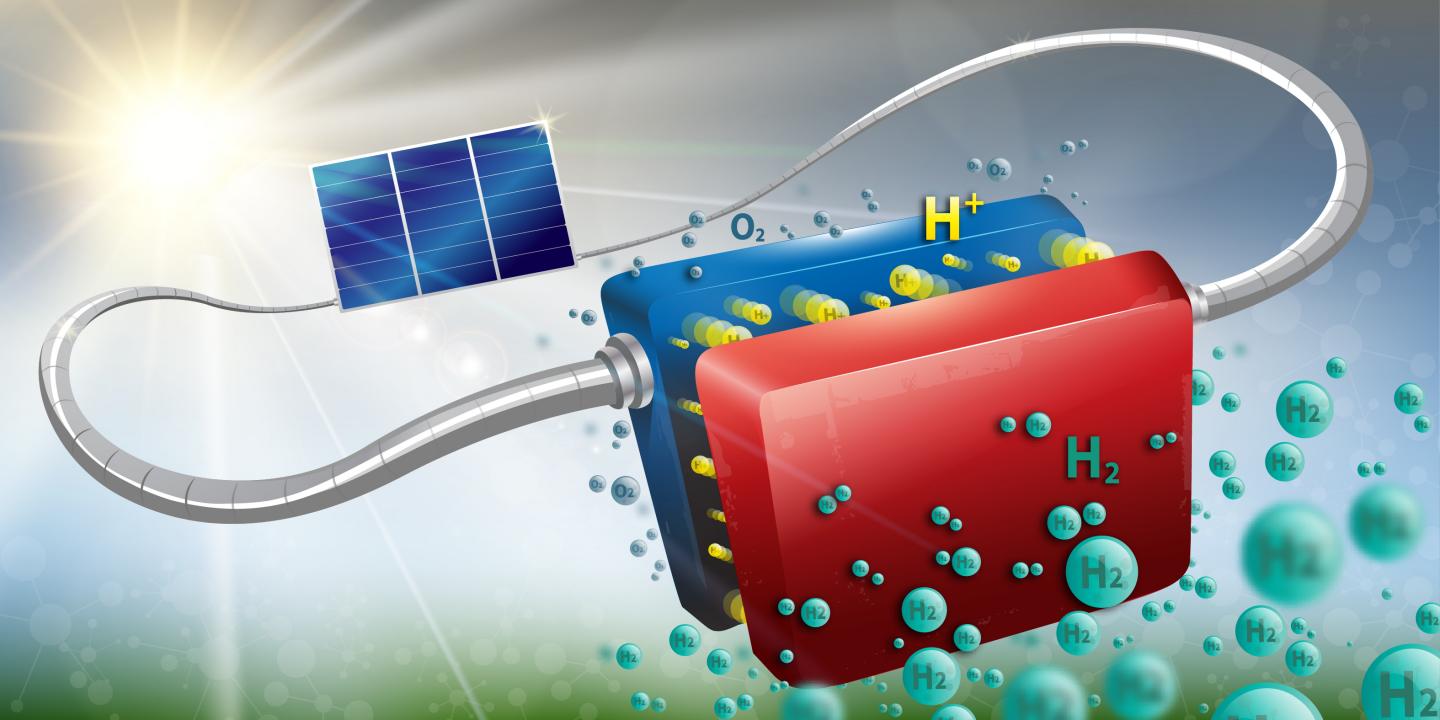
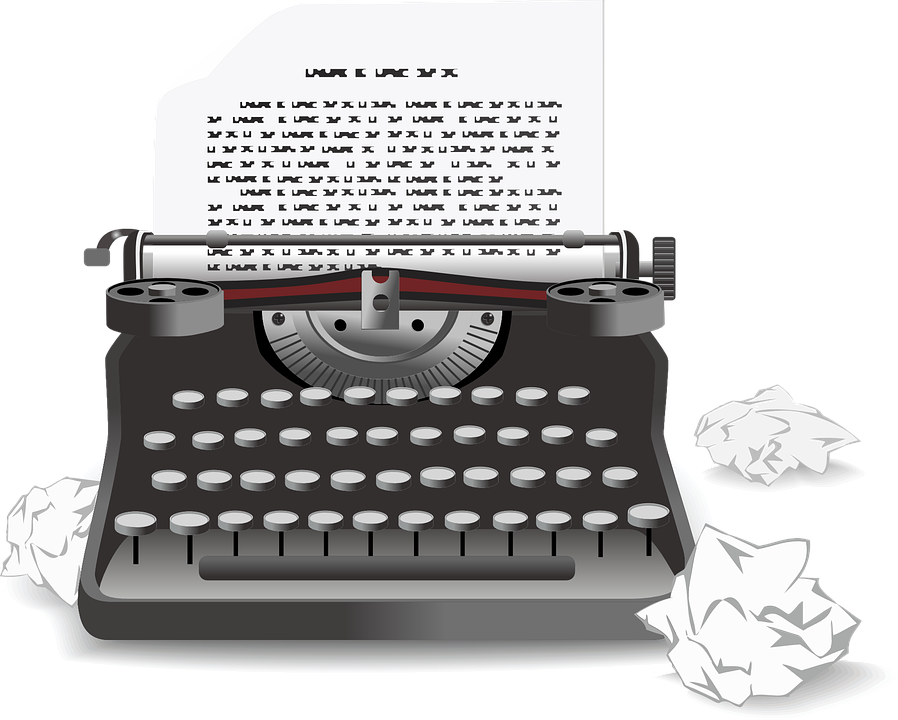 There’s only one week left to enter ECS’s Open Access Week Competition! Don’t forget to
There’s only one week left to enter ECS’s Open Access Week Competition! Don’t forget to 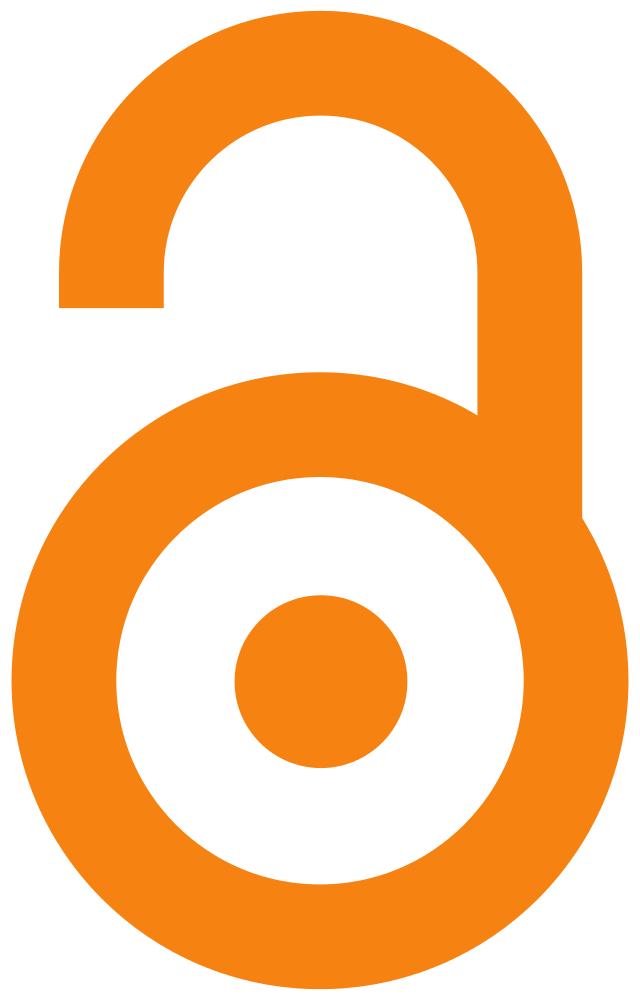 NASA recently announced that all research funded by the space agency will be accessible to anyone looking to access the data at absolutely no cost.
NASA recently announced that all research funded by the space agency will be accessible to anyone looking to access the data at absolutely no cost.